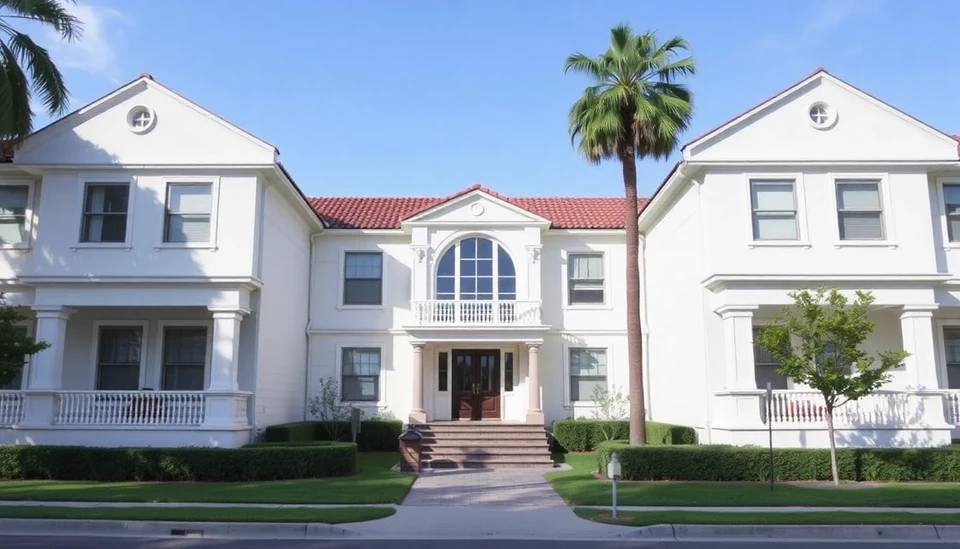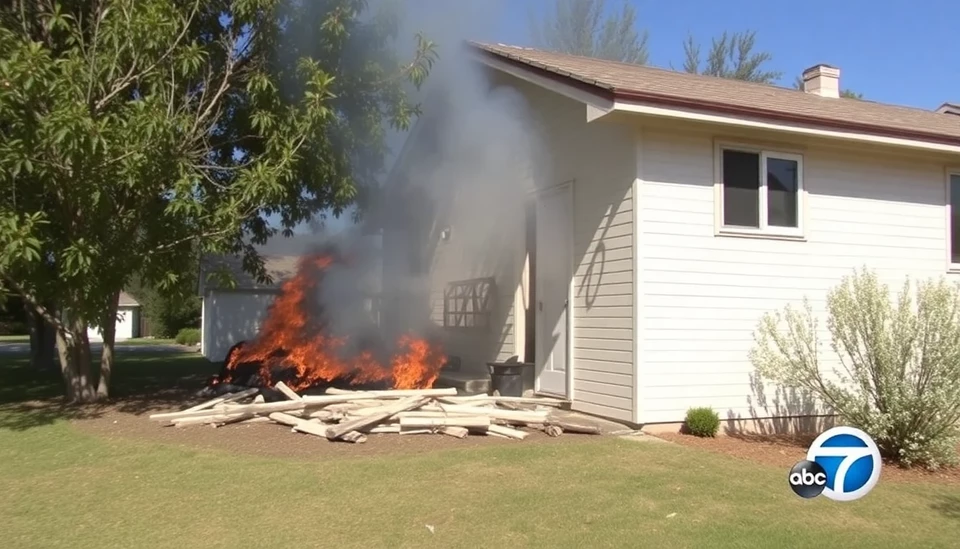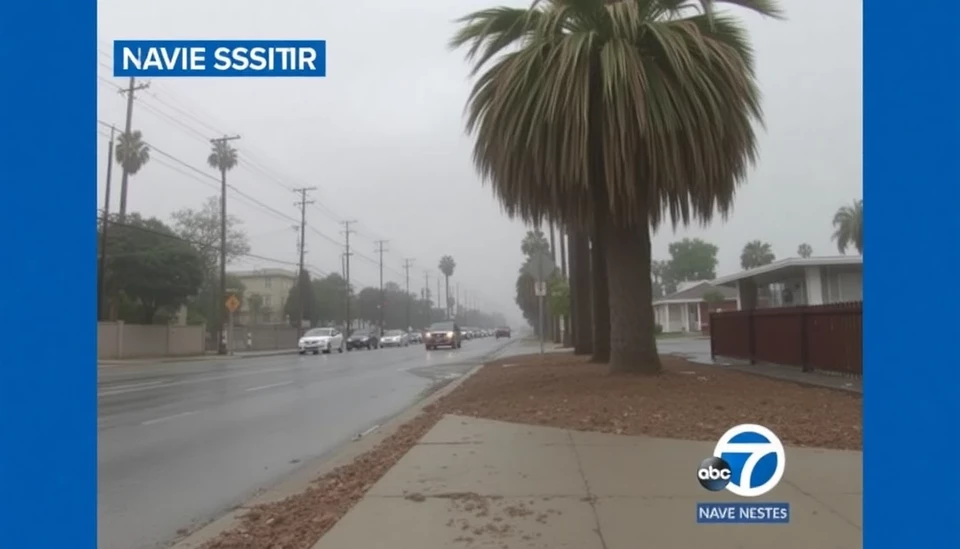
A recent study has revealed that the mansion tax implemented in Los Angeles is having unintended consequences on the multifamily housing sector. This new levy, which was introduced as a means to generate revenue for affordable housing initiatives, has inadvertently disincentivized the development of new multifamily housing units across the city.
The mansion tax, formally known as the "Measure ULA," imposes a hefty 4% tax on residential property sales exceeding $5 million, with the tax rate increasing to 5.5% for properties sold for over $10 million. While the intention behind this measure is to bolster funding for affordable housing projects, a significant analysis conducted by local housing experts suggests that the overall impact may be counterproductive.
According to the report, the new tax could lead to a slowdown in the construction of multifamily housing units, as developers and investors become wary of the added costs associated with property sales. The analysis points out that many developers may opt to delay or cancel projects altogether to avoid higher taxes, which could exacerbate the already dire housing crisis in Los Angeles.
Further complicating matters, the study found that the mansion tax is likely to distort the local real estate market. Potential buyers of high-end properties might be less inclined to enter the market, knowing that significant tax liabilities will be a factor in their purchase decisions. As a result, this could lead to a decrease in property values, ultimately reducing the overall tax revenue that the city expects to generate from the measure.
Supporters of the mansion tax argue that it is a necessary step in addressing the pressing need for affordable housing solutions in Los Angeles. They believe that the revenue generated from the tax will fund crucial initiatives aimed at tackling homelessness and increasing the availability of affordable units for low-income residents.
However, the findings of the study have brought to light the complex relationship between taxation and housing development. Experts warn that while the goal of supporting affordable housing is noble, policymakers must carefully consider how such measures may impact the broader housing market and development patterns.
As Los Angeles grapples with a severe housing shortage, the ongoing debate about the mansion tax raises important questions about the effectiveness of tax policies in solving systemic housing issues. The city stands at a crossroads, needing to balance the urgent demand for affordable housing against the economic realities that influence developers and investors.
In conclusion, the mansion tax may have been conceived with good intentions; however, it is becoming increasingly clear that its ramifications could hinder the very objectives it seeks to achieve. As the city moves forward, it will be essential to reassess this strategy and explore alternative solutions that can provide immediate relief to the housing crisis without stifling development.
#LosAngeles #MansionTax #HousingCrisis #AffordableHousing #RealEstate #UrbanDevelopment #MarketAnalysis
Author: Rachel Greene




